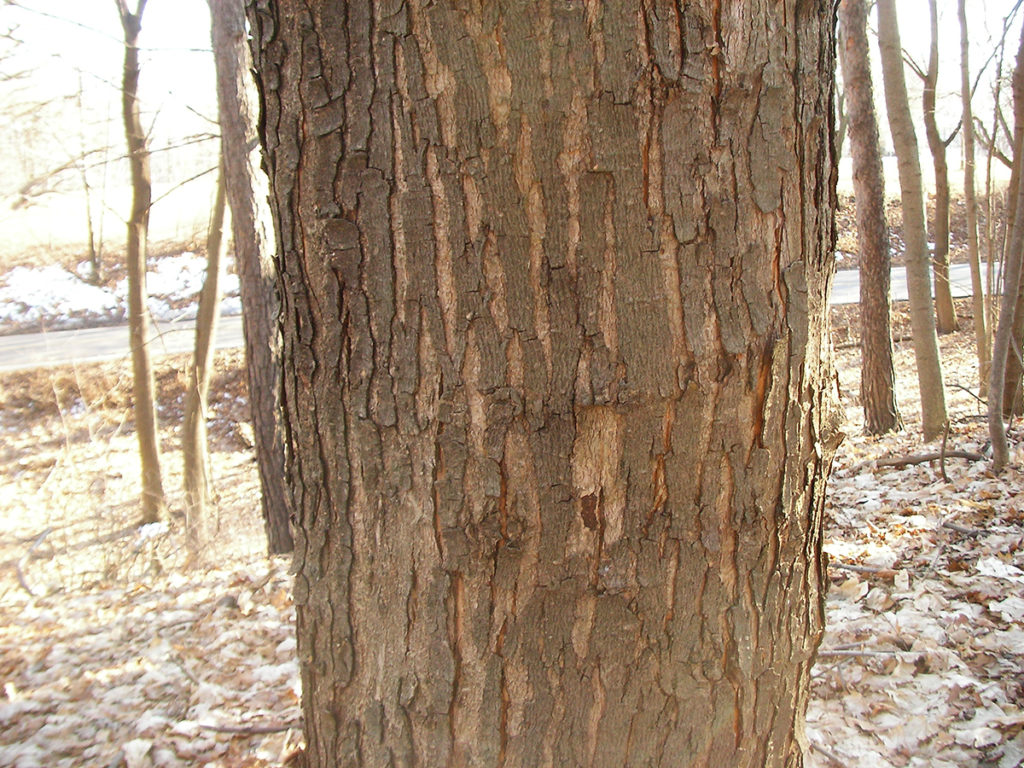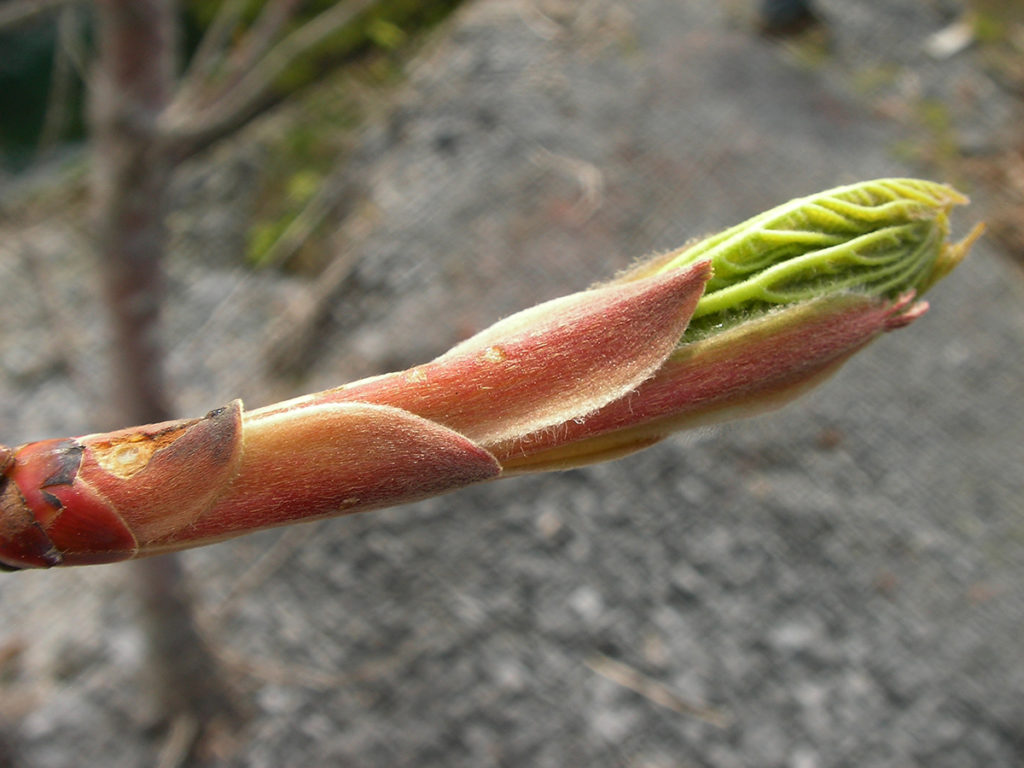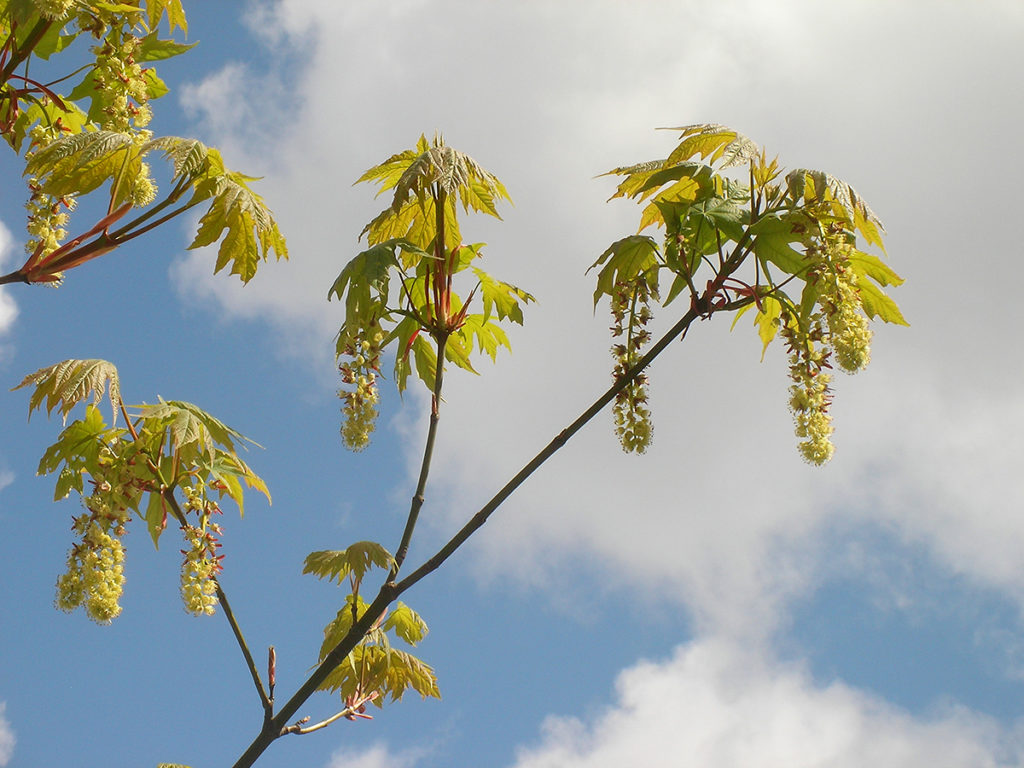Better than Costco: free alternatives in the woods
Wild Foods provide us with an opportunity to disengage from the mighty dollar and enjoy nature’s broad and luxurious bounty.
This article is not intended as a foraging guide; always consult a botanist or expert forager.
The following are three tried-and-true substitutions for pricey foods:

1. No: Coconut water. Yes: Fresh tree sap
While coconut water is full of electrolytes, minerals and vitamins, it is also expensive, canned, and imported. For a free, local, low-tech liquid, try fresh tree sap! Many of us are familiar with maple syrup, but enjoying the fresh sap saves you hours of boiling, and is refreshing & medicinal. While Sugar Maple (Acer saccharum) is most commonly tapped, all maples produce edible sap… even our Bigleaf Maple (Acer macrophyllum). Many locally-planted trees can also be tapped for sap, including Birch, Walnut, Beech and even Sycamore. Tapping is best done in the spring, and should be done by a skilled hand, with respect for tree health and safety.

2. No: expensive appies. Yes: Local fritters
As Bigleaf Maple mobilizes its sap into its branches, it unveils brilliant racemes of greenish-yellow flowers. Full of nectar, these can be eaten fresh or added to salads. If you want to get fancy, why not batter and fry the racemes for a treat that’s sure to impress? Pat dry and sprinkle with maple sugar. The young growing shoots on Bigleaf Maples also make tasty appetizers when fried in garlic and olive oil. Eat these sparingly, as they are slow to digest. Season with salt & black pepper, and pair with local chèvre.

3. No: Vanilla. Yes: Black Locust flowers
In addition to its rot-resistant wood, the Black Locust tree (Robinia pseudoacacia) produces brilliant racemes of creamy-white, leguminous edible flowers. It contains piperonal and other vanilla-like compounds, making it a suitable substitute for the world’s second-most expensive spice. While the tree is not native to BC, it is commonly planted as a street tree in many Canadian cities, including Powell River. For something really unique, try making your own Black Locust ice-cream. I’ve taken to calling this plant Vanilla-Tree, which sounds a bit tastier than its accepted name.
Powell River Living Magazine
Latest posts by Powell River Living Magazine (see all)
- Do You Know the Best Facebooker in Powell River? - July 25, 2018
- 2018 Best of Powell River: The Arts - July 19, 2018
- Best of Powell River: Civic Pride - July 19, 2018

